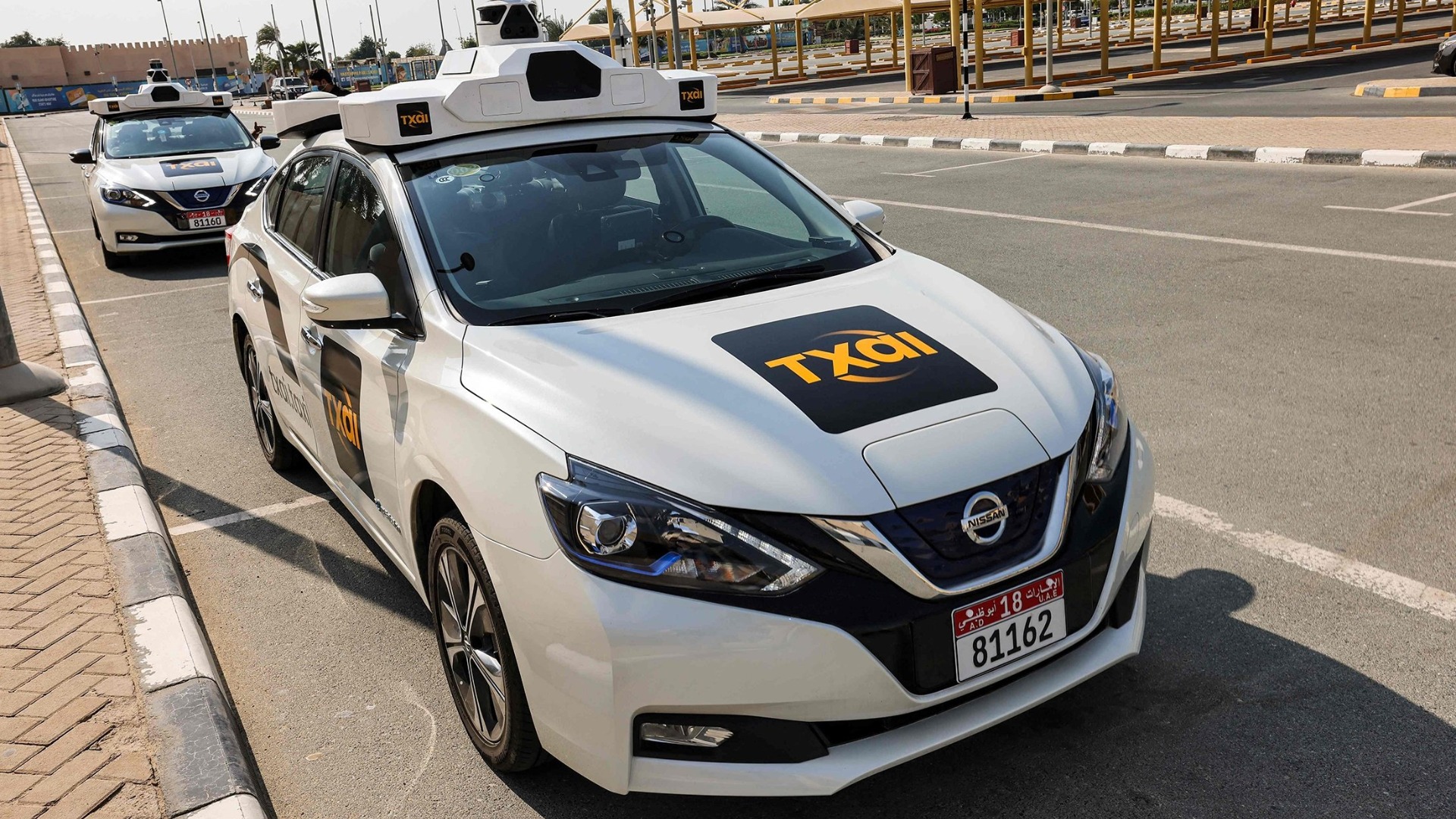
Dubai's RTA Commences Trials of Autonomous Taxis in Jumeirah

In the midst of ongoing trials, 'Driverless Taxis' now grace the roads of Dubai, specifically the Jumeirah 1 area, as declared by the Roads and Transport Authority (RTA).
Nonetheless, the 'autonomous taxis' remain within the trial phase, signifying that passengers are not yet permitted, and a safety driver is still present in the driver's seat.
RTA, in a statement, emphasized, The trial is considered a step forward on the way to ensure RTA’s strategic objectives to make Mena’s first autonomous transportation a success along with elevating Dubai’s autonomous pioneership in the region.”
The RTA further revealed that this trial run is “the fruitful result of joint efforts of RTA and Cruise following successful data collection efforts and testing on closed test tracks.”
During a prior interview with Khaleej Times, Khaled Al Awadhi, Director of Transportation Systems at the Public Transport Agency within the RTA, confirmed that the 'autonomous taxi,' which is operated by Cruise, a subsidiary of General Motors (GM), will not yet carry human passengers during this trial phase. Nevertheless, select individuals will have the opportunity to ride in Cruise's taxis by the end of this year, preceding the full-scale commencement of commercial operations scheduled for the second half of 2024.
When it comes to the 'Cruise taxis,' they can accommodate up to three passengers. Al Awadhi previously pointed out that the RTA has yet to determine the fare structure for these self-driving taxis, although he hinted that it will likely be on par with the rates of limousine taxis, which traditionally command a 30% premium over standard cabs in Dubai.
Additionally, the RTA has plans to introduce more autonomous taxis to the Jumeirah area next year and systematically deploy around 4,000 driverless cabs throughout Dubai by 2030, all in alignment with its Smart Self-Driving Transport Strategy. This ambitious strategy aims to convert a quarter of all mobility journeys within the city into intelligent and autonomous trips by the year 2030.
It's worth noting that Cruise has been operating autonomous ride-hail services in the United States since February 2022. During a recent visit to San Francisco, the RTA's technical team personally experienced rides in Cruise's autonomous vehicles, reaffirming their trust in the technology.
Both the RTA and Cruise employ the Chevrolet Bolt, an all-electric, emissions-free subcompact hatchback, equipped with a suite of sensors, including LiDAR (a laser sensor that uses near-infrared light to detect objects' shapes), cameras, and radars to gauge distances from objects and pedestrians on the streets.
Source: khaleejtimes.com








